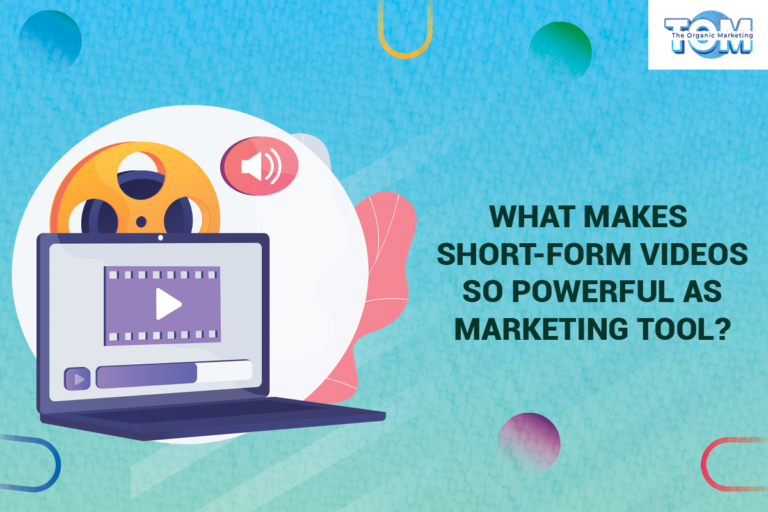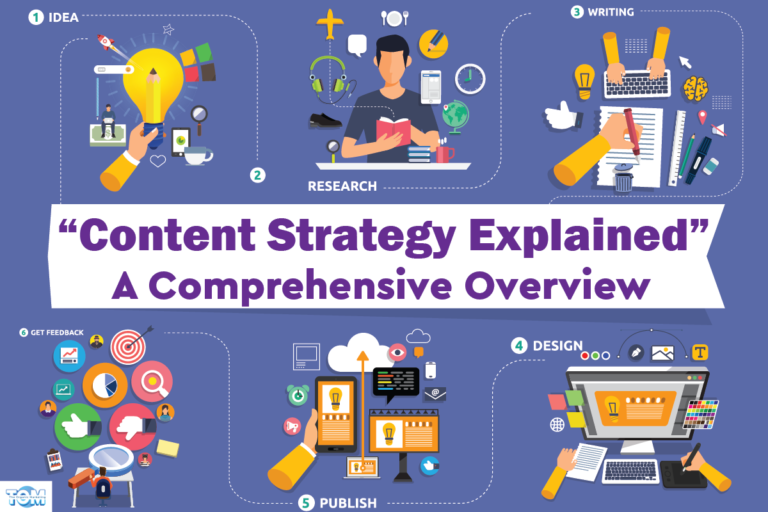SMS Marketing Guide: Unlocking its Potential for Your Business
It’s difficult to ignore the efficiency and ease of SMS marketing in our technologically advanced world when we are constantly bombarded with notifications, emails, and adverts. Businesses, organizations, and even individuals may utilize short message service (SMS) marketing as a potent tool to interact with their audience. This in-depth guide will cover every aspect of SMS marketing, illuminating its significance, advantages, drawbacks, best practices, personalization, and how it may work in unison with email marketing. This guide contains something for everyone, whether you’re a business owner trying to diversify your marketing tactics or a person interested in SMS’s possibilities.
What is SMS Marketing?
SMS marketing, commonly referred to as text message marketing, is a kind of communication in which companies and organizations use SMS, or text messages, to communicate promotional, transactional, or informational messages to a subscriber list. These messages can contain discounts, alerts, updates, and invites to events, among other types of content. The objective is to communicate and engage the receiver in order to increase sales and client loyalty.
Importance of SMS Marketing
For a variety of reasons, SMS marketing is essential in the contemporary marketing landscape. It is very definitely immediate. It’s very probable that the person you send an SMS to will read it practically immediately. It is a useful tool for time-sensitive advertising or urgent notifications because of its immediate nature.
Additionally, compared to email marketing, SMS marketing has a substantially greater open rate. Text messages are often opened and read within minutes of delivery, however emails frequently sit in inboxes unread. Because of this, SMS is a useful tool for making sure your audience receives your message.
SMS marketing is also highly customized. Mobile phones are typically kept within arm’s reach, making them a personal and direct method of communicating with your audience. Increased loyalty and better client relationships may result from this personal touch.
How Do You Start Sending SMS Marketing Messages?
- Select an SMS Marketing Platform: Choose a reliable SMS marketing platform that suits your needs. Look for one that provides compliance features and supports segmentation and personalization.
- Build Your Subscriber List: Encourage people to opt in to your SMS marketing list. You can do this through website sign-up forms, in-store promotions, or special offers for SMS subscribers.
- Segment Your Subscribers: Categorize your subscribers based on their preferences, behavior, or demographics. This allows for more targeted messaging.
- Craft Compelling Messages: Write clear, concise, and engaging messages. Include a call to action and a sense of urgency when relevant.
- Schedule Messages: Time your messages carefully to ensure they are received at the most appropriate times.
- Analyze and Optimize: Monitor the performance of your SMS campaigns. Pay close attention to conversion, click-through, and open rates. To improve your future campaigns, use this data.
SMS Marketing Best Practices
- Obtain Consent: Always ensure recipients have opted in to receive your messages. This helps with compliance and maintains a willing audience.
- Segmentation: Divide your subscribers into relevant segments to send more targeted and personalized messages.
- Timing Matters: Send messages at appropriate times, taking into consideration the time zone of your subscribers.
- Concise Content: Keep your messages brief and to the point. To successfully communicate your point, use clear language.
- Personalization: Whenever possible, address recipients by their first name and tailor messages to their interests and behavior.
What is SMS Personalization?
SMS personalisation is the process of customizing your text messages to each receiver in order to increase their sense of importance and engagement. Utilizing the recipient’s name, mentioning prior purchases, or making suggestions based on their preferences are all examples of personalization. It all revolves on giving the subscriber a better-customized experience. Personalized communications often have a greater impact because they connect with the receiver more deeply and strengthen the bond between the brand and the client.
How Should SMS and Email Marketing Be Paired?
- Cross-Promotion: Promote your SMS sign-up within your email campaigns and vice versa. Encourage subscribers to engage with both channels.
- Coordinated Messaging: Ensure your SMS and email messages are aligned in terms of timing and content. They should complement each other to provide a cohesive customer experience.
- Segmentation: Use the same segmentation strategies for both SMS and email to maintain consistency in your messaging.
- Engagement Tracking: Monitor how customers engage with both channels. This data can inform your overall marketing strategy and help you understand the preferences of your audience.
What are the Benefits of Using SMS Marketing?
- High Open Rates: SMS marketing boasts a remarkably high open rate, often exceeding 90%. This means your message is more likely to be seen compared to other marketing channels.
- Instant Communication: SMS delivers your message immediately, making it perfect for time-sensitive promotions, flash sales, or event updates.
- Increased Engagement: SMS encourages recipients to take action, such as clicking links, making purchases, or attending events, as it has a sense of urgency.
- Opt-in Subscribers: SMS marketing relies on recipients opting in, ensuring that your audience is interested and willing to hear from you.
- Cost-Effective: It’s often more affordable than other marketing methods, offering an excellent return on investment.
What Are the Challenges of SMS Marketing?
- Compliance: SMS marketing is subject to strict regulations, such as the TCPA (Telephone Consumer Protection Act) in the United States. Heavy fines might be imposed for breaking these rules.
- Length of Message: SMS messages are limited to 160 characters. Crafting a concise and compelling message can be a challenge.
- Overuse: Sending too many messages can lead to subscriber fatigue and opt-outs.
- Personalization: Achieving effective personalization in SMS messages can be more challenging compared to email.
- Spam Concerns: SMS marketing can be seen as intrusive if not done thoughtfully. Balancing promotional messages with valuable content is crucial.
To get started with SMS marketing, pick an appropriate platform, create a subscriber list, divide your target into segments, and write persuasive messages. For continuous success, don’t forget to assess and improve your campaigns. Consider combining SMS marketing with email marketing to provide your consumers a smooth and interesting multi-channel experience as part of a more comprehensive marketing plan.
For more insights on expert SMS marketing, contact The Organic Marketing now!






